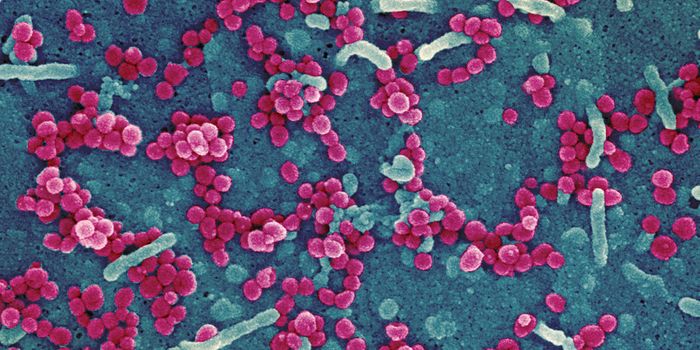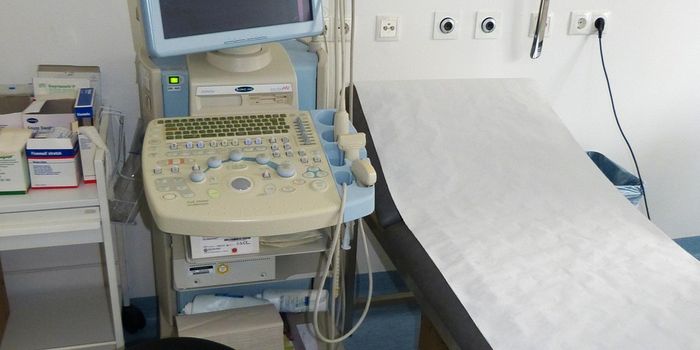Fruit Flies Lay Fewer Eggs in Response to Bacterial Infection
Before their eggs even hatch, fruit flies are protective over their offspring. After discovering a another protective behavior of fruit flies that helps them avoid dangerous bacteria harbored by contaminated food, researchers from Aix-Marseille decided to look for similar protective mechanisms.
They found that, in response to bacterial infection, fruit flies pause their egg-laying via nerve cell signaling pathways along with an anti-microbial immune response reminiscent of the human immune response to pathogens. This deliberate and temporary interruption in egg-laying ultimately protects their future offspring from infection.
Leader of the study, professor Julien Royet from Aix-Marseille University in France, and his team investigated the signal that was communicating to the fruit flies to halt reproduction. "We know that peptidoglycan, a component of the bacterial cell wall, activates the NF-kB pathway, which controls the immune response in the fruit fly,” he said. “We were however surprised to see that injection of purified peptidoglycan into the flies also affects egg-laying, suggesting that the same bacterial component regulates both immune and behavioural responses to bacteria."
The NF-kB pathway is a pro-inflammatory signaling pathway that expresses genes coding for cytokines, chemokines, and adhesion molecules. These are chemical messengers produced by the immune system to communicate different messages throughout the body, making the NF-kB pathway a common target for anti-inflammatory drugs.
"Since egg-laying behaviour is controlled by a complicated neuronal network in flies, one possibility was that peptidoglycan is acting directly on this network," explained lead author C. Leopold Kurz. "We tested this hypothesis using various mutants and saw that, unexpectedly, peptidoglycan is indeed sensed by neurons."
Neurons producing a key neurotransmitter involved in ovulation, called octopamine, are the ones that sense peptidoglycan and temporarily inhibit the laying of eggs. Researchers confirmed this finding when they observed a threefold increase in matured eggs waiting in the ovaries in flies with infections compared to uninfected flies. 24 hours later, egg-laying continued like normal.
With this finding determined, scientists next will wonder: does a similar protective mechanism occur in more complex organisms, even ones that do not lay eggs?
“Our findings show that bacterial infection regulates ovulation by affecting the octopaminergic signalling pathway in neurons, via activation of the NF-kB pathway," Royet summarized. "A future challenge will be to test whether this NF-kB-dependent response to peptidoglycan following infection also occurs in the neurons of higher organisms and directly influences animal behaviour."
Royet’s study was published in the journal eLife.
Sources: Cold Spring Harbor Perspectives in Biology, Aix-Marseille University










